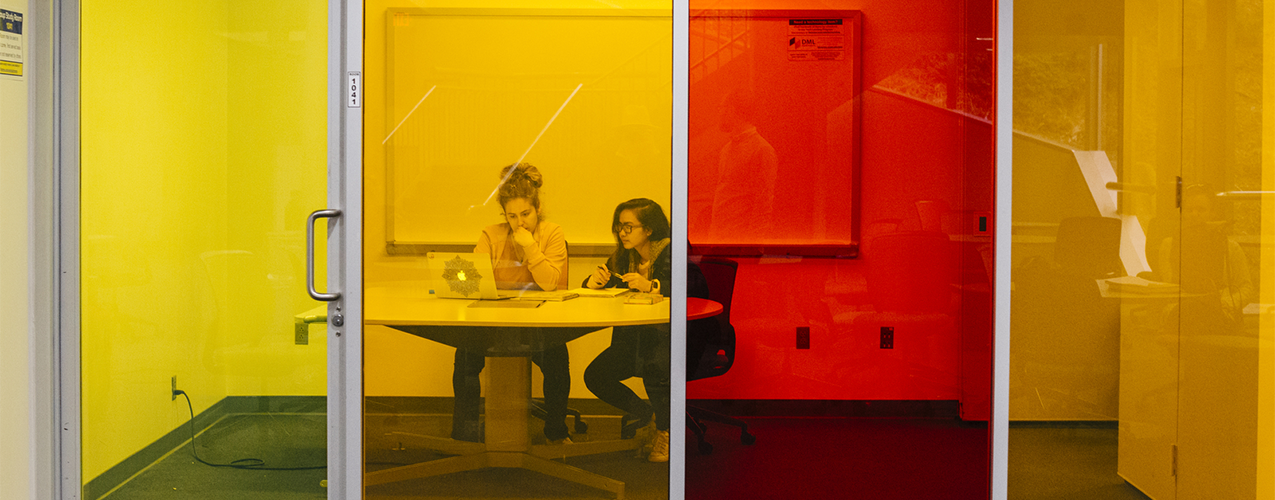Services
A systemwide safety net for all UC students
Campus-based programs are critical to assisting students who are basic needs insecure, and recent funding has paved the way for the expansion and solidification of these programs, giving campuses the flexibility to use funds in a manner that fits their needs at the local level.
Local Basic Needs Services and Programs
All 10 UC campuses have on-site basic needs centers, providing food, emergency housing and a comprehensive range of support services. Any UC student can use services at the basic needs center nearest them, not just on the campus where they are enrolled. Some of the programming and services offered across campuses are listed below.
Food Support
UC campuses have been national leaders in establishing food assistance efforts to address student food insecurity, thanks to sustained funding. All 10 campuses offer a variety of ongoing food assistance programs, educational workshops and food operations.
- Food Pantries: UC food pantries offer emergency food relief, personal hygiene, household care and childcare supplies for all UC students (undergraduate and graduate). Generally, the food pantries operate on a self-assessed need basis. For food pantry locations, hours and additional food resources, visit your nearest basic needs campus center website for details.
- CalFresh: CalFresh, also known as SNAP/EBT, is a long-term food assistance program that awards eligible students up to $234 per month for groceries. The university has worked in collaboration with the California Department of Social Services (CDSS) CalFresh program leads, as well as with partners at the California State University and California Community Colleges, to increase CalFresh awareness among undergraduate and graduate students, provide application assistance, and assure successful enrollment in benefits. Every UC campus has organized CalFresh enrollment clinics to provide students with program information and application assistance support.
Housing Support
Housing support is vital to student success and can have a tremendous impact on a student's social, emotional and academic well-being. All UC campuses offer emergency housing and assistance with securing long-term housing to students facing housing insecurity. While efforts around housing vary by campus, they generally include:
- Providing emergency case management for students in crises
- Establishing or expanding partnerships with local housing nonprofits or apartments to provide emergency housing to students
- Creating bridge housing programs that provide temporary shelter to students who lack the necessary resources to secure or maintain adequate housing during university breaks and holidays
- Coordinating workshops on lease signing, roommate selection, conflict resolution, financial literacy and budgeting, navigating rental agreements in the face of COVID-19
- Providing students assistance with move-in assistance, rental deposits and first month's rent
- Delivering housing-focused presentations to incoming freshmen and transfer students
- Creating sustainable, year-round and on-campus housing for former foster youth, a group particularly vulnerable to housing insecurity
- Contributing to the salaries of existing or new career and student staff to secure administrative and logistical support for housing placements, disbursement of aid and liaising with local housing organizations
Life Skills Courses and Basic Needs Seminars
Students need assistance learning how to navigate and maximize the financial resources available to them. All basic needs campus centers offer a wide variety of life skill-building workshops, seminars and trainings to help students access basic needs resources, raise awareness around basic needs-related issues and to help normalize asking and accessing assistance for basic needs-related services.
Drop-In Services
Students looking for support services and/or care coordination can typically contact or visit their local basic needs campus center for a variety of questions or concerns. While the types of drop-in services available to students differ slightly across campuses, they include efforts such as:
- CalFresh eligibility
- CalFresh application support
- CalFresh appeals clinics
- Free food events
- Nutrition counseling
- Tenant rights
- Affordable housing options
- Financial aid counseling
- Financial wellness peer education
- Mental wellness resources
- Crisis help
- Transportation assistance
- Accessibility accommodations
Along with being a full-time student, I am a wife and a mother of two. Aggie Compass helped me at a very critical time in my life. I had just given birth to a baby during a pandemic, my preschooler was out of school due to COVID-19, and my husband was on unpaid leave due to his health.
Find services at a campus near you
All 10 UC campuses have on-site basic needs centers, providing food, emergency housing and a comprehensive range of support services — any UC student can use services at the basic needs center nearest them, not just on the campus where they are enrolled.

